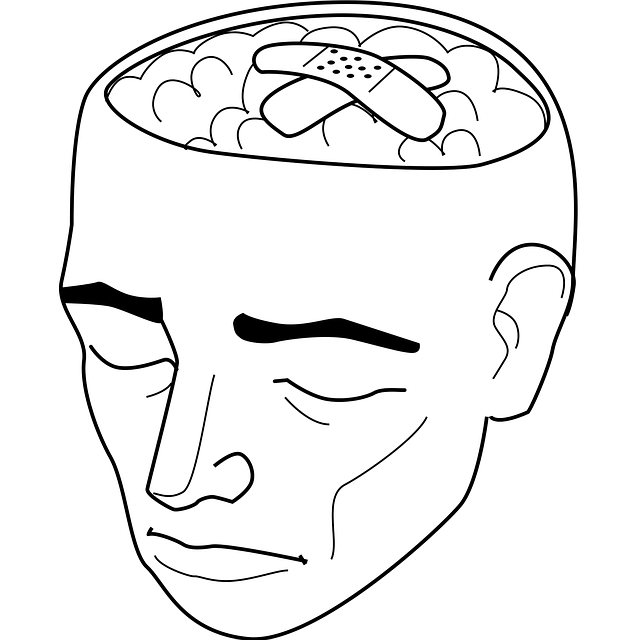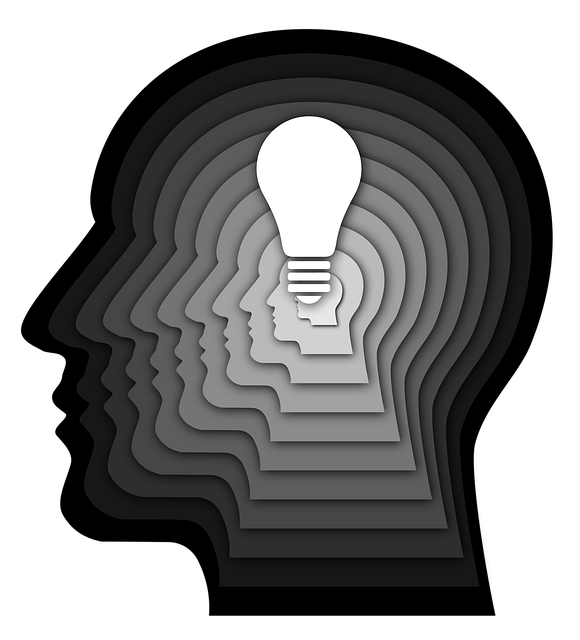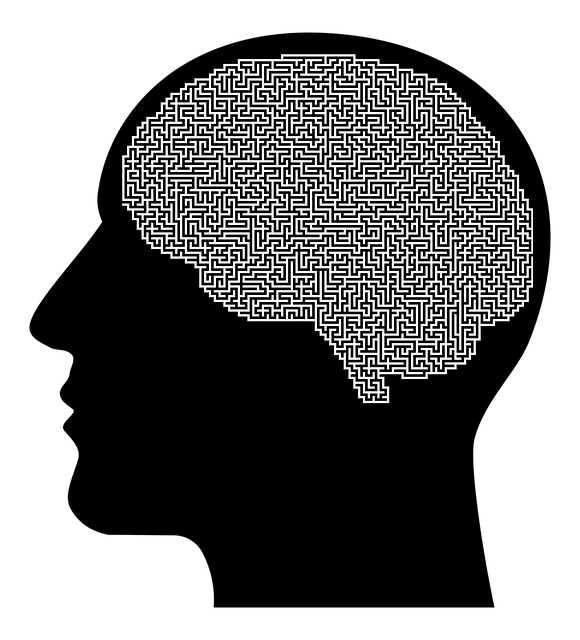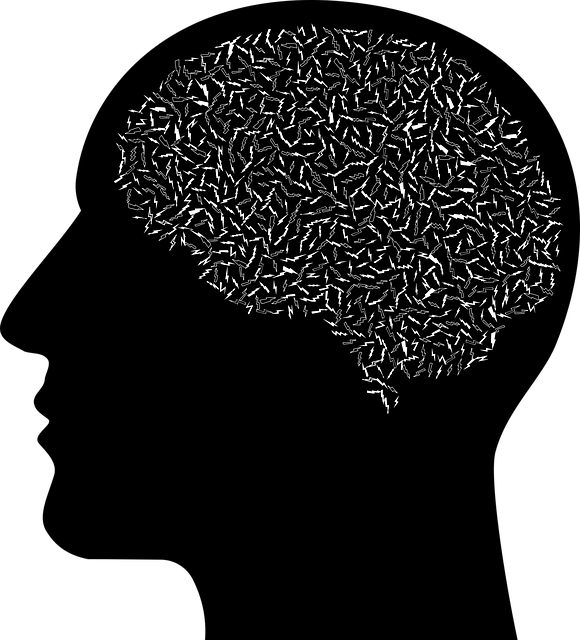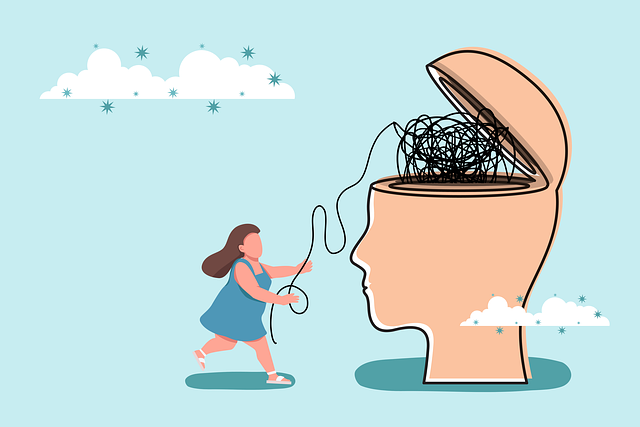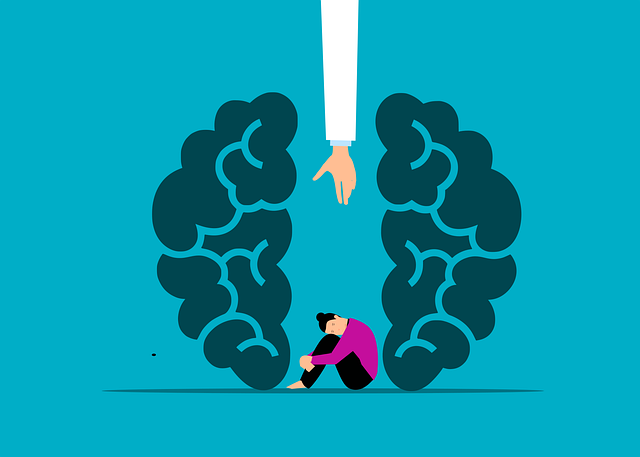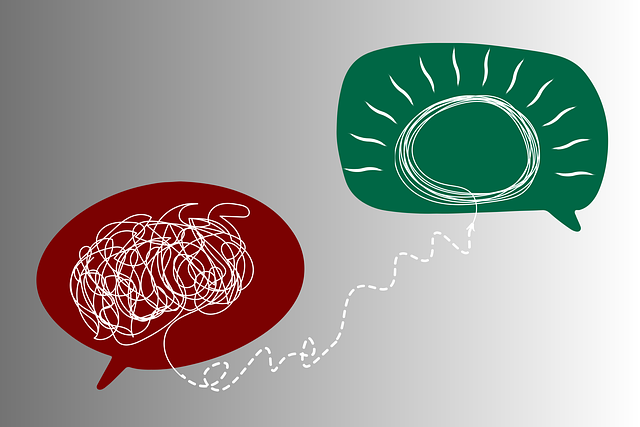Centennial Blended Families Therapy presents unique challenges for mental illness diagnosis due to diverse personal histories, societal factors, and biological influences. Therapists must employ comprehensive assessments, open communication, self-care education, and conflict resolution training to accurately identify conditions. These families' cultural insights enable tailored treatment plans, enhancing mental wellness through family dynamics, stress reduction, and culturally competent care. Podcast series further disseminate evidence-based knowledge, normalizing mental health conversations. Innovative approaches like Emotional Regulation and Stress Management techniques, along with continuous evaluation, adaptive strategies, and Inner Strength Development groups, ensure precise diagnoses and personalized treatment for this complex population.
Mental illness diagnosis accuracy has long been a subject of debate, with many challenges stemming from complexity and subjectivity. This article explores efforts to enhance diagnosis reliability, focusing on innovative strategies and the unique role of Centennial Blended Families Therapy. We delve into the intricacies of mental health evaluation, discuss blended family dynamics, and present approaches that combine traditional methods with cutting-edge technology. By examining these efforts, we aim to improve outcomes for those seeking mental health support.
- Understanding the Complexities of Mental Illness Diagnosis
- The Role of Centennial Blended Families in Enhancing Therapy
- Innovative Approaches to Improve Diagnosis Accuracy
- Strategies for Continuous Evaluation and Refinement
Understanding the Complexities of Mental Illness Diagnosis

Mental illness diagnosis is a complex process, often fraught with challenges due to the nuanced nature of human emotions and behaviors. Each individual’s experience is unique, influenced by their personal history, societal factors, and biological predispositions. This complexity is further compounded within Centennial Blended Families Therapy, where therapists navigate the intricate dynamics of family relationships and cultural contexts.
Accurately diagnosing mental health conditions requires a comprehensive understanding of these complexities. It involves careful assessment of symptoms, considering their onset, duration, and impact on daily functioning. Therapists employ various tools, including clinical interviews, standardized assessments, and observation, to gain insights into the individual’s mental state. Encouraging open dialogue about emotions, thoughts, and behaviors, while also teaching self-care practices and conflict resolution techniques, can enhance emotional regulation and facilitate more precise diagnoses.
The Role of Centennial Blended Families in Enhancing Therapy

In today’s world, Centennial Blended Families play a pivotal role in enhancing therapy and improving mental illness diagnosis accuracy. These families, characterized by their diverse backgrounds and intergenerational connections, offer unique perspectives that can enrich therapeutic practices. By incorporating insights from various cultural traditions and life experiences, therapists gain a broader understanding of clients’ symptoms and challenges. This holistic approach not only improves diagnosis accuracy but also fosters more effective treatment plans tailored to individual needs.
Furthermore, Centennial Blended Families Therapy encourages the integration of Stress Reduction Methods and promotes mental wellness through collaborative efforts. Therapists can leverage family dynamics to teach coping strategies, enhance communication, and build resilience. Additionally, Healthcare Provider Cultural Competency Training is essential in this context, ensuring professionals are equipped to navigate cultural nuances and provide culturally sensitive care. Even Mental Wellness Podcast Series Production can be leveraged to reach a wider audience with evidence-based information, normalizing conversations around mental health within these blended families and beyond.
Innovative Approaches to Improve Diagnosis Accuracy

In recent years, the mental health field has witnessed a surge in innovative approaches aimed at enhancing diagnosis accuracy, particularly within the context of Centennial Blended Families Therapy. These progressive strategies recognize that mental illness is not one-size-fits-all and that each individual’s experience is unique, influenced by their personal history, family dynamics, and cultural background. By adopting a more nuanced perspective, therapists are better equipped to provide precise diagnoses, tailoring treatments accordingly.
One such approach involves integrating Emotional Regulation and Stress Management techniques into diagnostic processes. This includes offering specialized Stress Management Workshops Organization to help clients develop coping mechanisms and improve their overall emotional well-being. Through these workshops, individuals learn valuable skills for managing stress, which not only enhances diagnosis accuracy but also empowers them to take an active role in their mental health journey.
Strategies for Continuous Evaluation and Refinement

To enhance mental illness diagnosis accuracy, continuous evaluation and refinement are paramount. Centennial Blended Families Therapy emphasizes adaptive strategies like regular patient-therapist feedback mechanisms to assess the effectiveness of treatment plans. By incorporating techniques such as Coping Skills Development, professionals can tailor interventions based on individual progress and challenges, ensuring more precise diagnoses and personalized care.
Additionally, groups focused on Inner Strength Development can empower individuals to navigate their mental health journeys with resilience. Regular reviews of diagnostic tools and criteria, coupled with ongoing professional training, further contribute to the improvement process. These efforts collectively promote a dynamic approach to diagnosis, aligning with the evolving nature of mental health conditions and the diverse needs of clients, particularly within complex family structures.
Mental illness diagnosis accuracy has seen advancements through innovative approaches, such as integrating Centennial Blended Families therapy models, which enhance understanding and treatment. By continuously evaluating and refining diagnostic methods, healthcare professionals can ensure better support for individuals navigating mental health challenges. These efforts are crucial in improving overall well-being and fostering more effective, tailored interventions.


